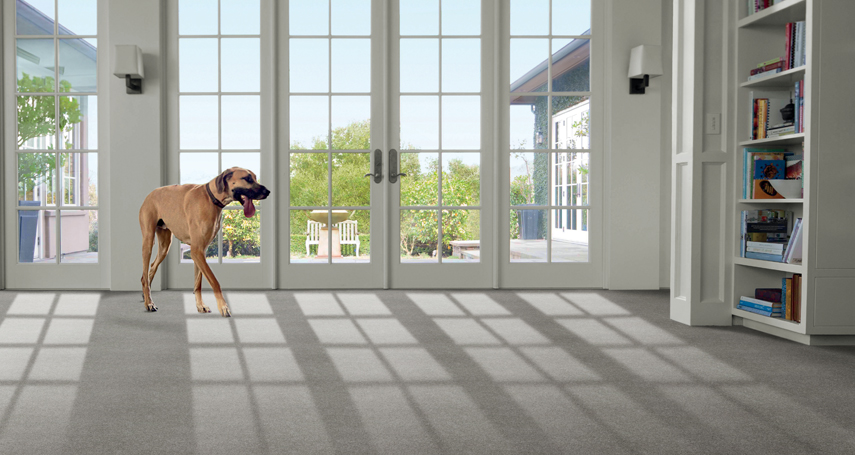
Beyond Beige
When the choices in carpet were limited to basic beige, designers treated it more often than not as a neutral background for room furnishings. Now, with numerous textures, patterns, and colors available, carpet is emerging as the focal point in some interior designs.
Not that the need for neutral carpet has gone away; it hasn’t. Berber is still a popular choice. But unlike the plain Berbers of the early 1990s, today’s versions have more texture and pattern. Variation in height and sculptured effects offer a bolder look. Even the more traditional Berbers offer more visual interest with more extreme differences in pile cut and thicker, deeper loop textures.
The trend in neutral carpet favors incorporation of these new design possibilities — more texture, some pattern, and even flecks of color adding interest to basic backgrounds.
Color sprinkled against a neutral background adds interest and dimension while it helps mask spots and spills. Flecks of color are now appearing against tan, beige, and cream backgrounds as well as in the “new neutrals” of soft greens, pale yellows, and shades of blue.
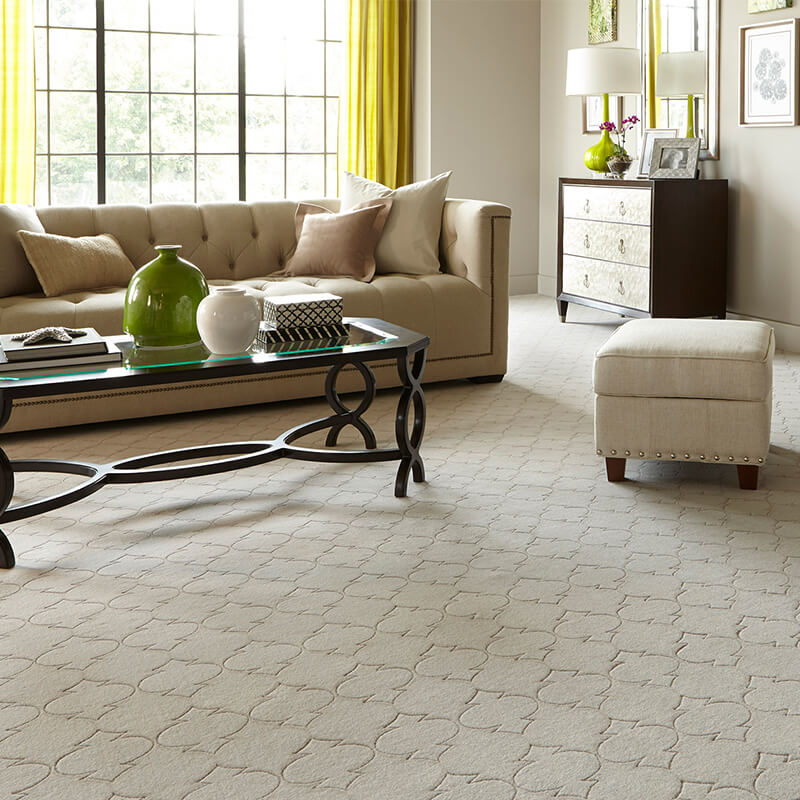
Color and Texture
A major shift in new products is toward layered color and soft texture in carpet. A combination of texture and pattern will always be popular because it minimizes soil and vacuum marks. But the other advantage is that color and texture offer more distinctive styling and fashion appeal.
Applied and woven patterns — in designs of leaves, trellises, or flowers, for example — offer organic shapes that coordinate easily with patterns in other furnishings. Strong colors that come from commercial pallets are now available in multicolored loops, cut loop surfaces, and Berber styles as accents. For a wall-to-wall color statement, traditional Saxony and textured Saxony offer the broadest selections.
These new products are changing the public’s perception of carpet as only a background to showcase other furnishings to the possibility that the carpet itself can become a design focus.
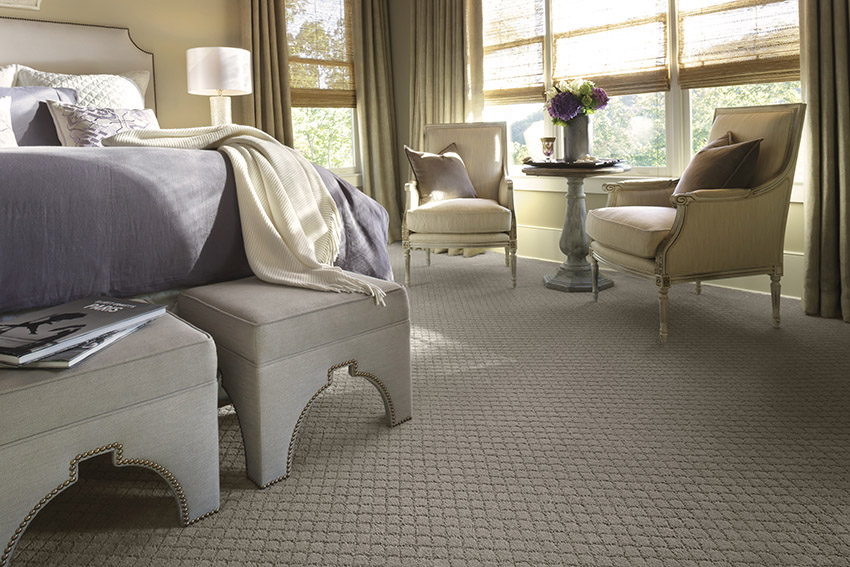
Carpet Construction
New manufacturing capabilities have produced many new looks in carpets constructed with cut and loop yarns and in high- and low-loop yarns. Examples include swirls, bows, lattices, plaids, pin dots, and fleurs-de-lis.
Taking advantage of these choices can add great interest to the room and in coordination with the florals, stripes, and other patterns on furniture and window treatments. Carpet pattern and texture increase the perception of quality and value in carpet, and can contrast beautifully with smoother elements such as furniture surfaces, walls, and counters.
Along with paint, carpet can be one of the easiest ways to personalize an environment. Its color can be a neutral foundation or a vibrant focal point. Today’s carpet trends take full advantage of new products as well as new thinking about style.



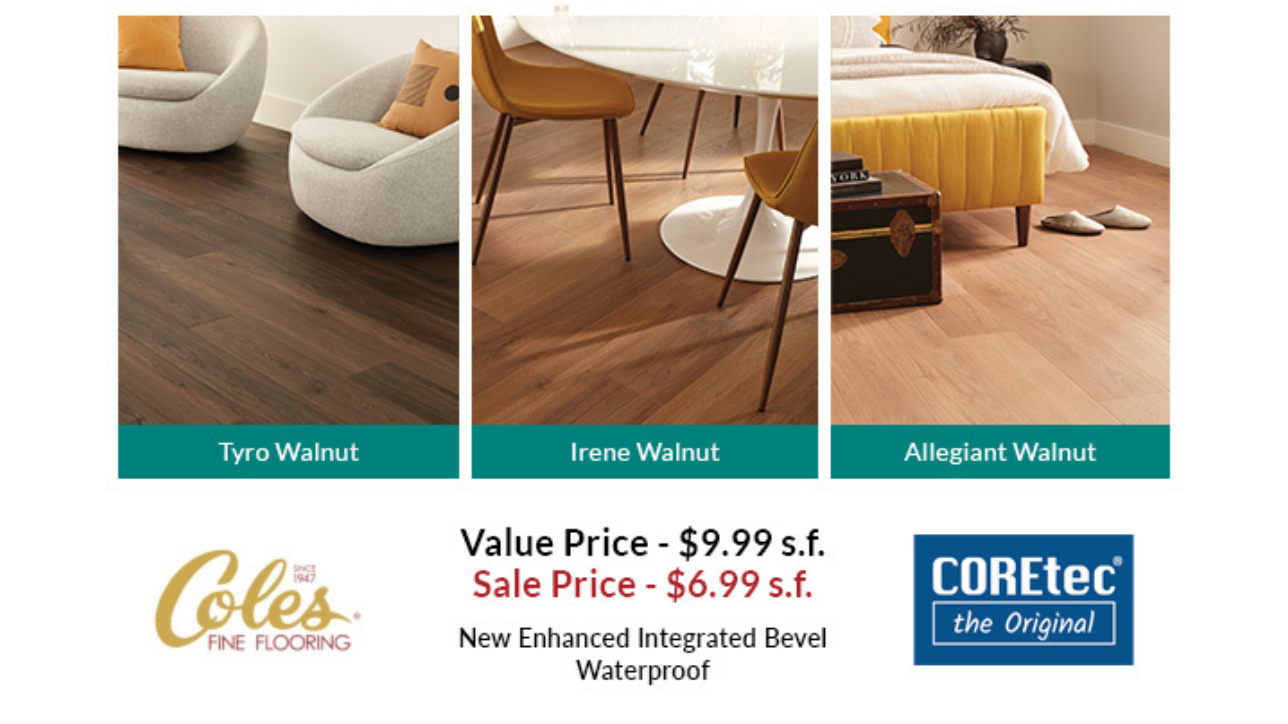
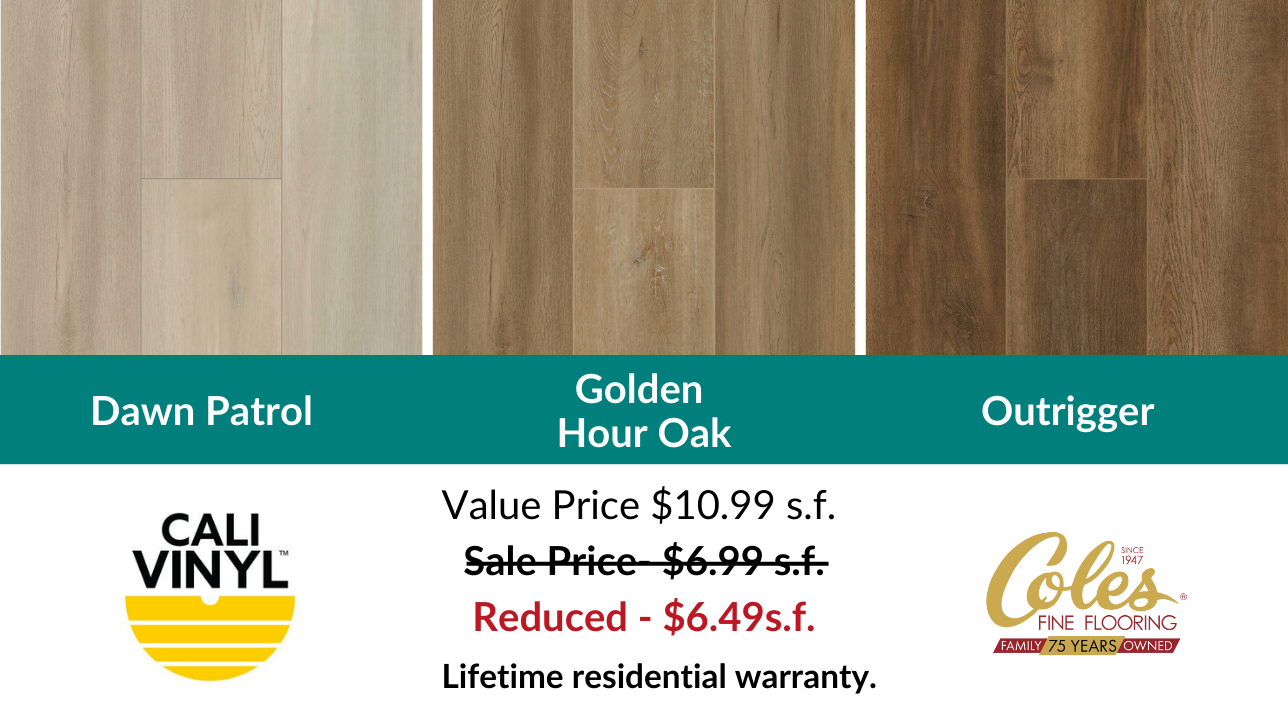
 Prelude Version 2.1
Prelude Version 2.1